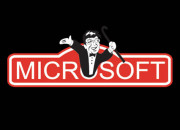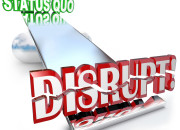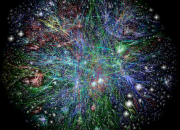I am an incredibly lucky founder. My startup, Pristine, is piggy backing off of the success of Google, and even Apple, in many profound ways. Pre-iPhone, people could only conceive computers as Windows-like desktops. A computer was not a microprocessor running an operating system, but rather a keyboard, mouse, monitor, and Windows. Why?
Author Archive: Kyle Samani
There’s a famous scene in Pirates of Silicon Valley (a movie that chronicled the origins of Microsoft and Apple) in which Bill Gates is meeting with IBM executives. The IBM executives agree to license software from Microsoft because “there’s no money in software anyways.”
The IBM executives weren’t stupid. They failed to recognize an inflection point in technological history in which profits would shift from hardware to software.
Commerce and trade are fundamentally based on exchanging asymmetries in one another’s ability to produce value at a given cost. As such, commerce intrinsically creates mutual value. That’s why it works. Moreover, the option to trade with more parties creates more value by fostering larger volumes of and more competitive trading.
Per the laws of capitalism, necessity is the mother of all invention. Developers want 2-way data exchange with EHRs, so they’re taking it upon themselves to make it a reality. Startups such as Human API and Validic are creating platforms that make it easy for developers to easily exchange data between previously silo-ed systems in real-time. Catalyze is simplifying the process of getting data out of complicated healthcare data files and stores.
In twenty years, Fiber will be one of Google’s most valuable assets. Fiber is a genius long-term strategic play. Apple, Google, Facebook, and Amazon are striving to be the super-mega technology company that owns every layer of the value chain. Google’s vision is the most ambitious of its peers. To understand that assertion, let’s observe how and when Google encroached on each layer of the technology value chain required to access any web service.
















